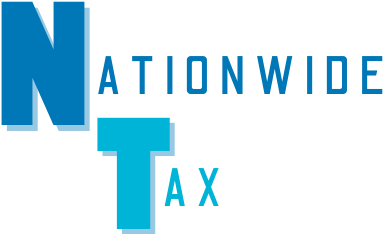Introduction
When it comes to taxes, many people have questions about the income thresholds for filing. How much do you have to make before you need to file taxes? Are there different rules for different types of income? In this article, we will explore the income thresholds for filing taxes in the United States and provide you with all the information you need to know.
Table of Contents
- Key Takeaways
- Income Thresholds for Filing Taxes
- Types of Income
- Frequently Asked Questions
- Conclusion
Key Takeaways
- The income thresholds for filing taxes depend on your filing status and age.
- For single individuals under the age of 65, the threshold is $12,400 for the year 2020.
- Married couples filing jointly have a threshold of $24,800 for individuals under 65.
- Self-employed individuals have different rules and may need to file taxes even if their income is below the threshold.
Income Thresholds for Filing Taxes
The income thresholds for filing taxes in the United States vary depending on your filing status and age. Let’s take a look at the 2020 thresholds:
Single Individuals
If you are single and under the age of 65, you must file a tax return if your income is at least $12,400 for the year 2020. This includes income from all sources, such as wages, self-employment income, and investment income. If you are 65 or older, the threshold increases to $14,050.
Married Couples Filing Jointly
For married couples filing jointly, the income threshold is higher. If both spouses are under the age of 65, the threshold is $24,800 for the year 2020. If one spouse is 65 or older, the threshold increases to $26,100. If both spouses are 65 or older, the threshold is $27,400.
Head of Household
For individuals who qualify as head of household (usually single parents), the income threshold is $18,650 for individuals under the age of 65. If you are 65 or older, the threshold increases to $20,300.
Married Individuals Filing Separately
If you are married but choose to file separately, the income threshold is the same as for single individuals. For individuals under the age of 65, the threshold is $12,400 for the year 2020.
Types of Income
It’s important to note that the income threshold applies to all types of income, including:
- Wages and salaries
- Self-employment income
- Investment income (such as dividends and capital gains)
- Rental income
- Unemployment compensation
- Social Security benefits (in certain cases)
Even if your income is below the threshold, you may still need to file taxes if you meet other criteria. For example, if you received advance premium tax credits for health insurance through the Marketplace, you must file a tax return to reconcile the amount of credit you received with your actual income.
Frequently Asked Questions
1. Can I still file taxes if my income is below the threshold?
Yes, in some cases, even if your income is below the threshold, you may still need to file taxes. This is especially true if you received certain tax credits or if you are self-employed.
2. Do I need to report all types of income?
Yes, you must report all types of income on your tax return, regardless of whether it is below the threshold for filing. Failure to report income can result in penalties and interest.
3. What happens if I don’t file taxes?
If you are required to file taxes but fail to do so, you may face penalties and interest on the taxes owed. It’s important to file your taxes on time to avoid these consequences.
Conclusion
Understanding the income thresholds for filing taxes is essential for every taxpayer. Whether you are single, married, or self-employed, knowing when you need to file can save you from penalties and ensure compliance with the tax laws. If you have questions or need further guidance, it’s always a good idea to consult with a tax professional or refer to the official IRS website.
